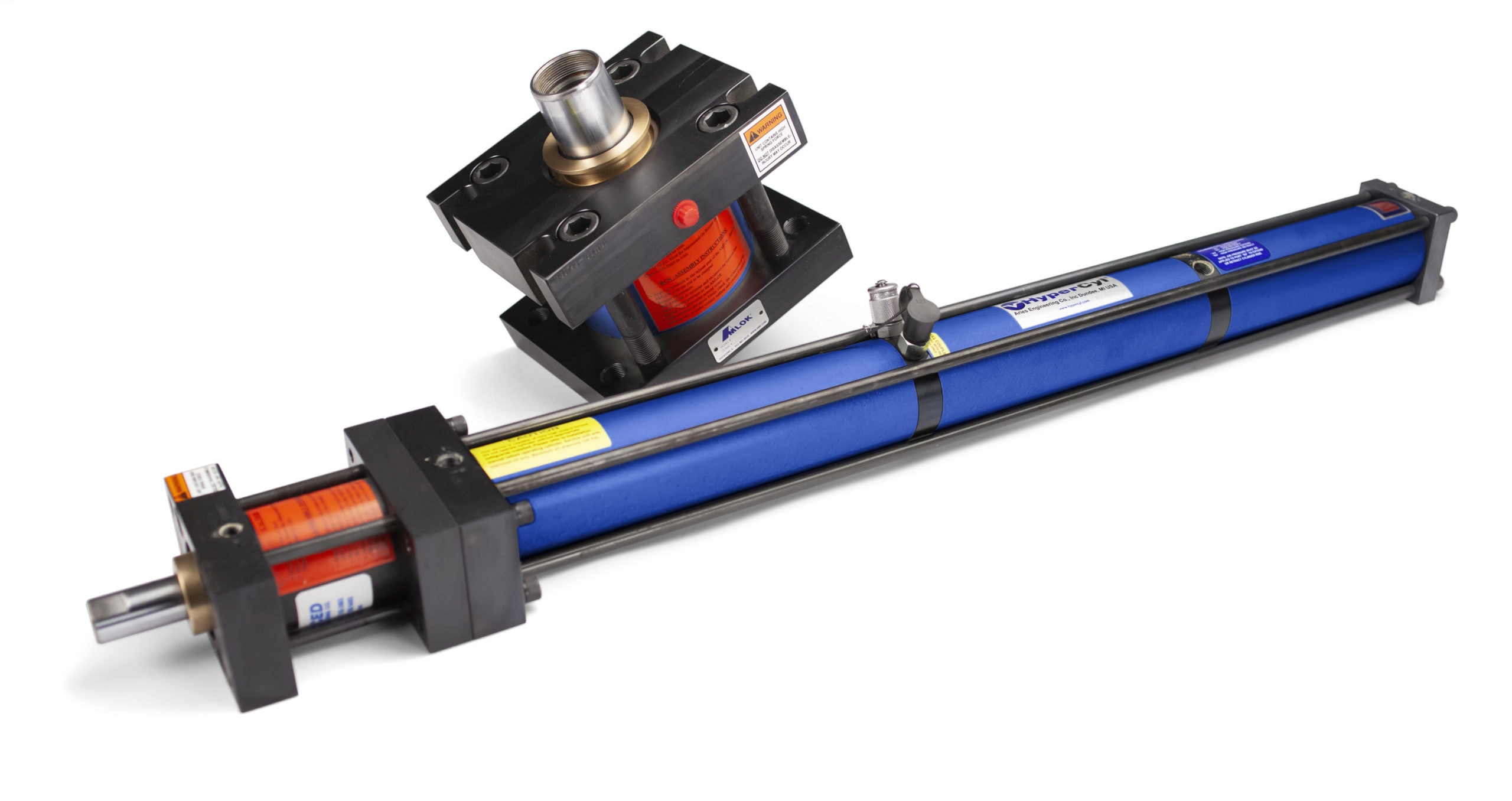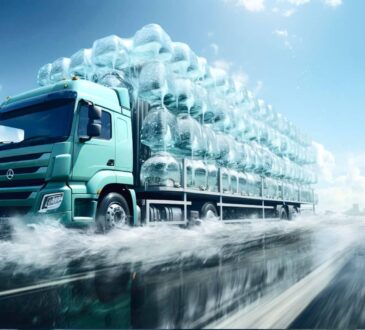
Have you ever wondered what the difference is between hydraulics and pneumatics? It’s a common question and one that can cause confusion. But fear not! We’re here to clear things up for you. Today, we’ll be focusing on hydraulic and pneumatic cylinders, two important components in both systems.
Hydraulic and pneumatic cylinders are actuators that convert fluid power into mechanical force to produce work. Both use a compressible fluid, but hydraulic cylinders use oil while pneumatic cylinders use compressed air. The advantages of using hydraulics lie in the high pressure available (up to 10,000 psi) and the ability to generate forces at slow speeds, making them suitable for heavy-duty applications such as excavators or presses.
However, they require extensive equipment and can be unstable due to the poisonous nature of oil. On the other hand, pneumatics provide obvious solutions for control since air is readily available and non-toxic, but struggles with generating forces compared to hydraulics.
When considering which type of cylinder to use, it is important to compare the different factors that come into play during operation. For instance, if you need high forces at low speeds, then choosing a hydraulic cylinder would be the best option. Conversely, if your application requires fast and precise control, then a pneumatic cylinder would be more suitable.
Additionally, design guides and models are available to aid in choosing the right components and tools needed for each system. In conclusion, understanding the basics and elements of hydraulic and pneumatic systems will help users make informed decisions on which components and solutions to choose based on their specific needs. If you need any suggestions from Cylinder Repairs Company, please click on the link.
Which is Better: A Hydraulic or Pneumatic Cylinder?
Hydraulic and pneumatic cylinders are both popular choices for industrial applications that require high force. However, each type has its own set of factors that must be considered before making a decision. Hydraulic cylinders use fluids to generate pressure, while pneumatic cylinders rely on compressed air. While hydraulic cylinders can deliver massive forces, they are costly and may damage sensitive components. In contrast, pneumatic cylinders are more affordable and eliminate the risk of poisonous fluid leaks.
Another factor to consider is stability. Hydraulic cylinders tend to be more stable than pneumatic ones, which struggle to maintain their position when subjected to external forces. This instability also makes them unsuitable for precise operations such as screw driving or guiding tools.
On the other hand, pneumatic cylinders are inexpensive and easy to operate, making them the preferred choice for many sales professionals.
Ultimately, the decision lies in your specific needs and budgetary constraints. By weighing these factors against one another, you can choose between hydraulic or pneumatic cylinders with confidence and savings in mind.
If your cylinders aren’t working properly, please contact cylindersinc.com.



